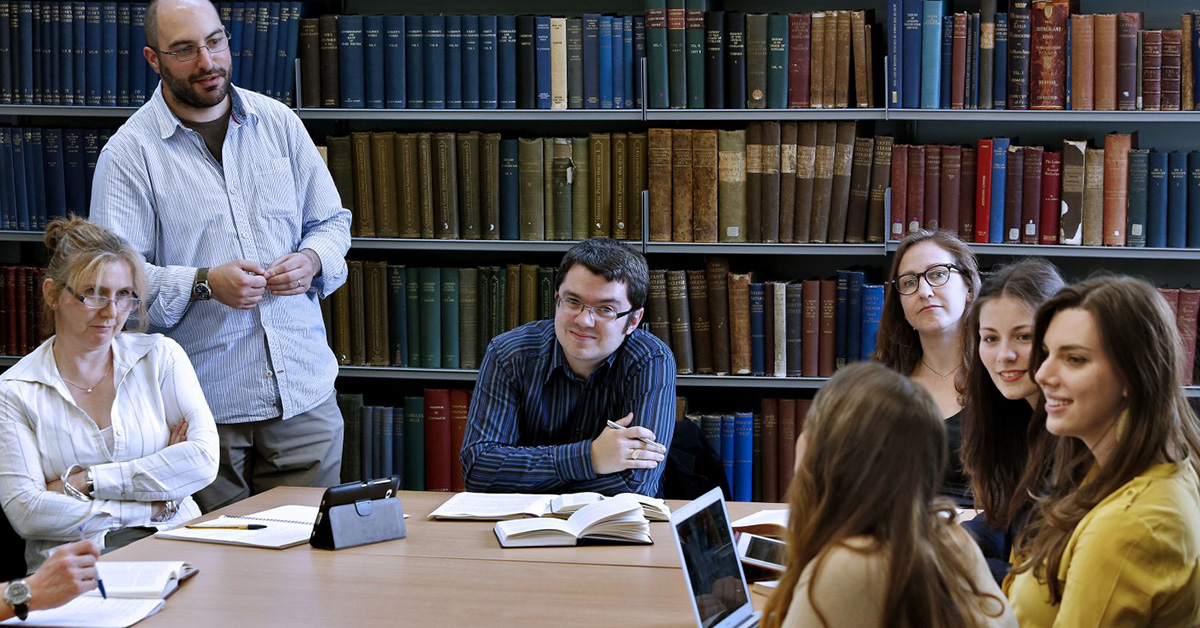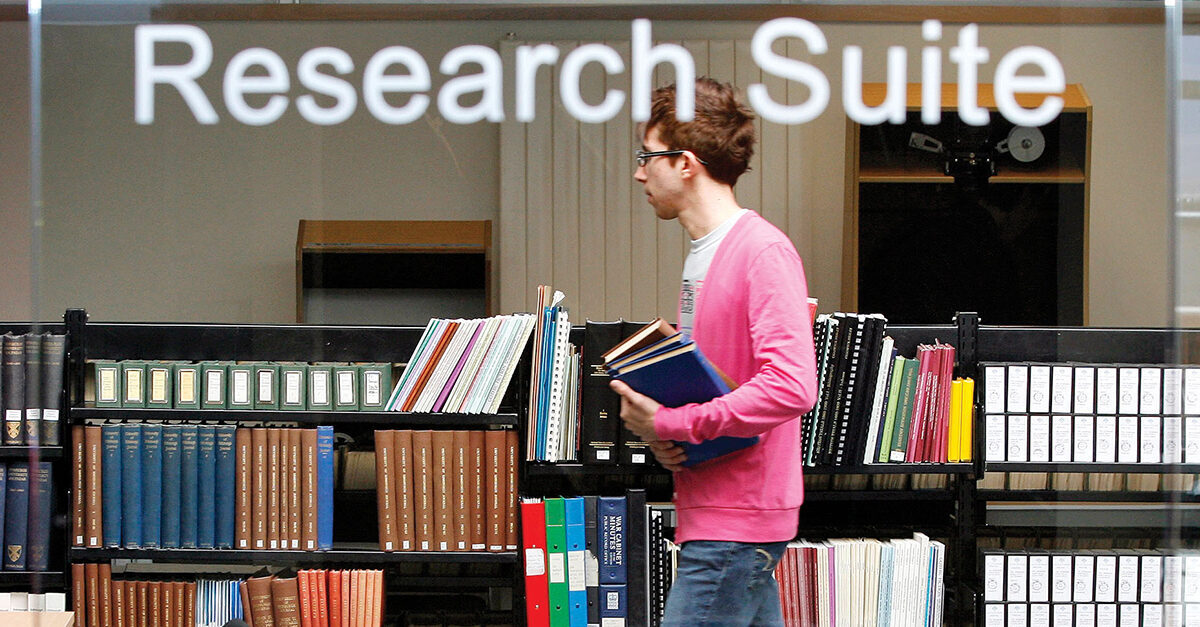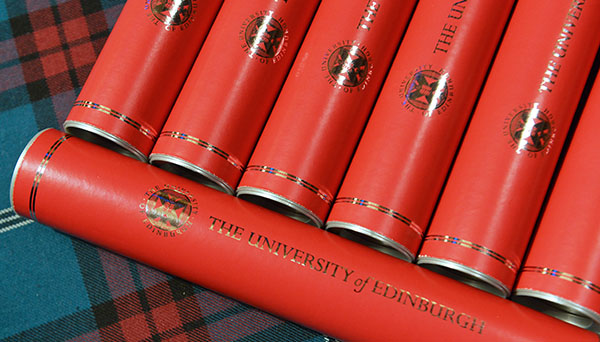Tag: Postgraduate
Rachel is a Master’s in History student. In this blog, Rachel addresses that tricky question…what should I do next? For many M.A., MSc, and MScR students, the idea of what comes ‘next’ is akin to the Sword of Damocles. It comes up in conversations with parents, peers, and professors and in those wakeful moments lying […]
Rachel is a Master’s in History student. In this blog, Rachel talks about the differences between undergraduate and postgraduate study, a normal day, and the best place for lunch! When applying to graduate school, there’s the burning question that arises: “How is graduate school different from undergraduate school? And, maybe more importantly, what do graduate […]
In this blog post, Tessa Warinner, wellbeing adviser at the School of History, Classics, and Archaeology, discusses ‘Burnout’ – a rising concern in academia. Tessa discusses what it feels like, its prevalence, impact, and signposts helpful resources for managing it. This post belongs to the Hot Topic theme: Critical insights into contemporary issues in Higher Education. I’m […]
Embarking on a postgraduate journey is undoubtedly an exciting and intellectually rewarding endeavour, but it does require a significant amount of time, effort and dedication. How can you get the most out of your studies, without experiencing burnout? MSc Intellectual History student Lena offers her thoughts. Taking the decision to study at a postgraduate level […]
After four years of study, why would you want to do more? One of our Student Ambassadors, Alfie, has some thoughts. An undergraduate degree at university is a significant commitment. Time, money, not to mention a lot of concerted effort to complete whilst juggling a variety of other elements of life. So, when considering the […]






